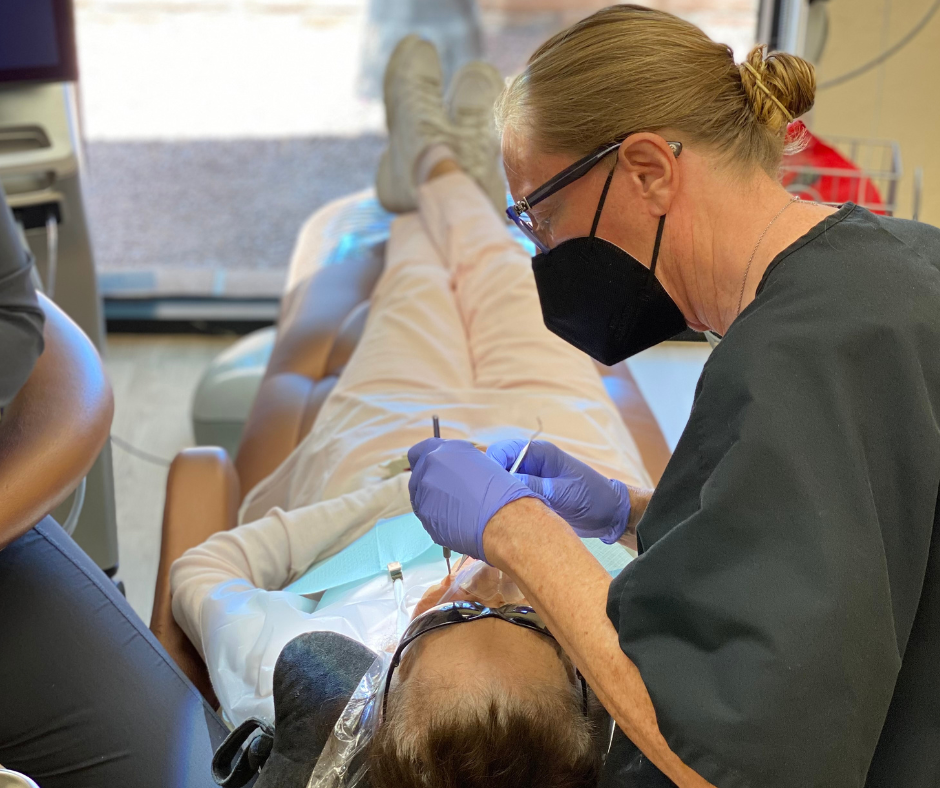
Everyone’s teeth are unique, as is the story of what brings each patient into the endodontist’s office. Some patients have struggled with dental health their entire lives; others show up needing help to save a tooth when they never had a cavity.
While the story of your teeth is personal, there are several common reasons you might need root canal therapy. The good news is that you can take proactive steps if you are concerned and want to protect and preserve your dental health. Paying attention to these factors may help minimize damage to your oral health and speed you on the road to recovery after root canal therapy.
Top 3 Situations That Can Lead To Root Canal Therapy
- Severe tooth decay extending deep into the tooth. An untreated cavity or tooth weakened by decay can go from bad to worse quickly if decay reaches nerve pulp in your tooth. Bacteria associated with tooth decay can cause an abscess, requiring emergency treatment to stabilize. You will need root canal therapy to clean the tooth’s roots and save the natural tooth. If you think you may have a cavity, make an appointment with your dentist.
- A cracked or chipped tooth. Bacteria that infect tooth pulp can also enter through an injury to the tooth. Teeth may be damaged in car accidents, sports, or falls. Always get prompt medical attention for chipped or broken teeth. You may eventually need root canal therapy to ensure an injured tooth will not suffer additional structural problems.
- A damaged or failing dental restoration. It doesn’t seem fair that a restoration meant to protect your tooth might contribute to the need for root canal therapy. Crowns are designed to be durable, but some may be more susceptible to damage or failure than others. To avoid this fate, practice good oral hygiene and visit the dentist regularly to keep tabs on how your crown or other restoration is impacting your mouth as a whole.
“There’s no shame in needing root canal therapy – many people encounter common situations best treated through root canals to preserve natural teeth,” says Dr. Jacqueline S. Allen, who practices at the Phoenix Endodontic Group. “Communicating clearly with your dentist and endodontist about what you are experiencing can lead to more accurate diagnoses and more successful treatment.”
